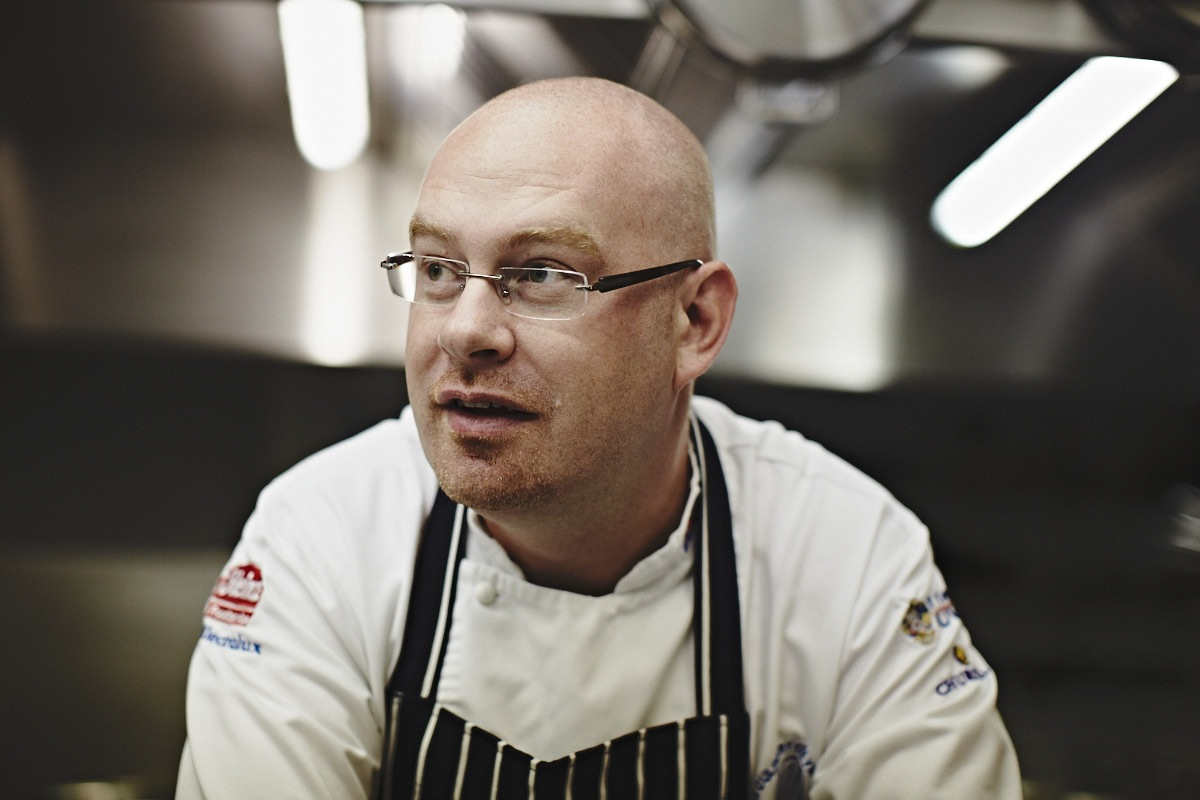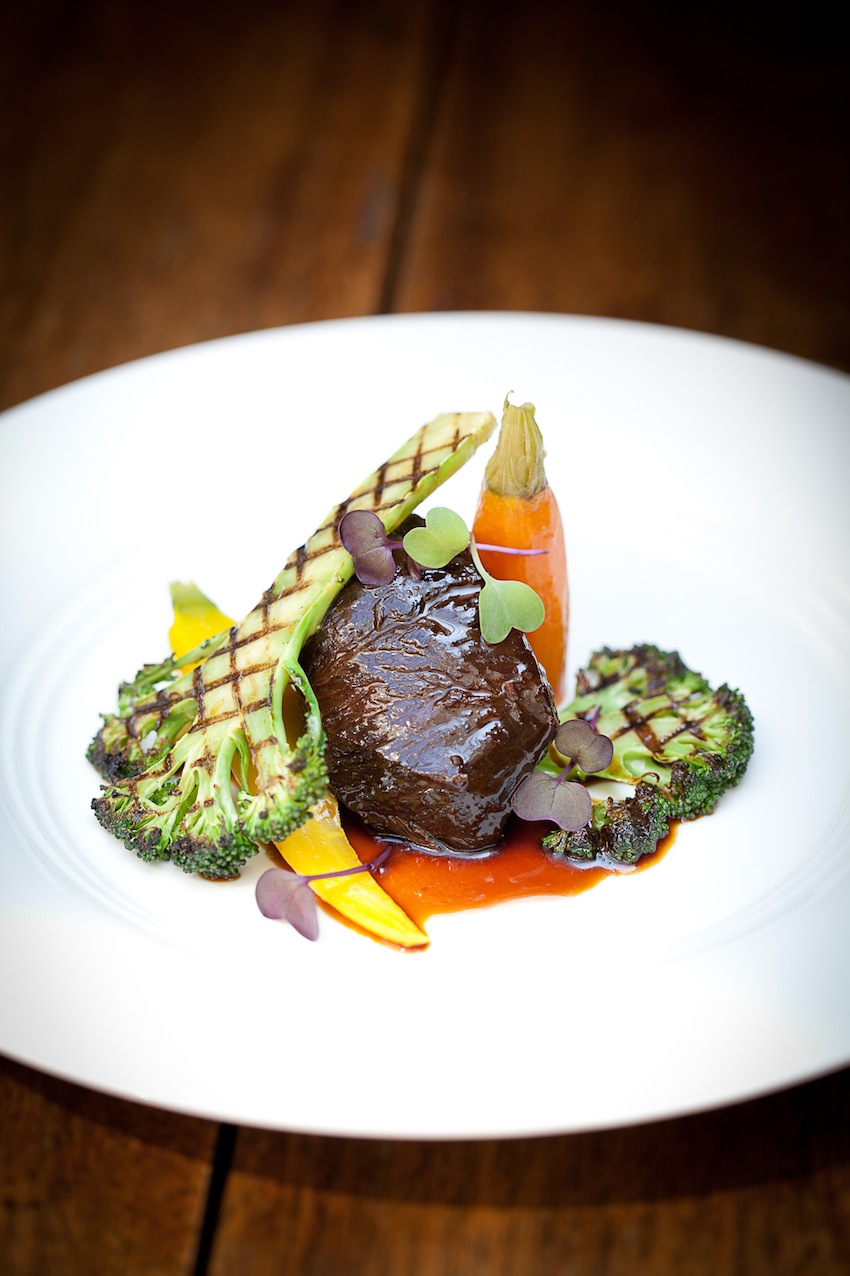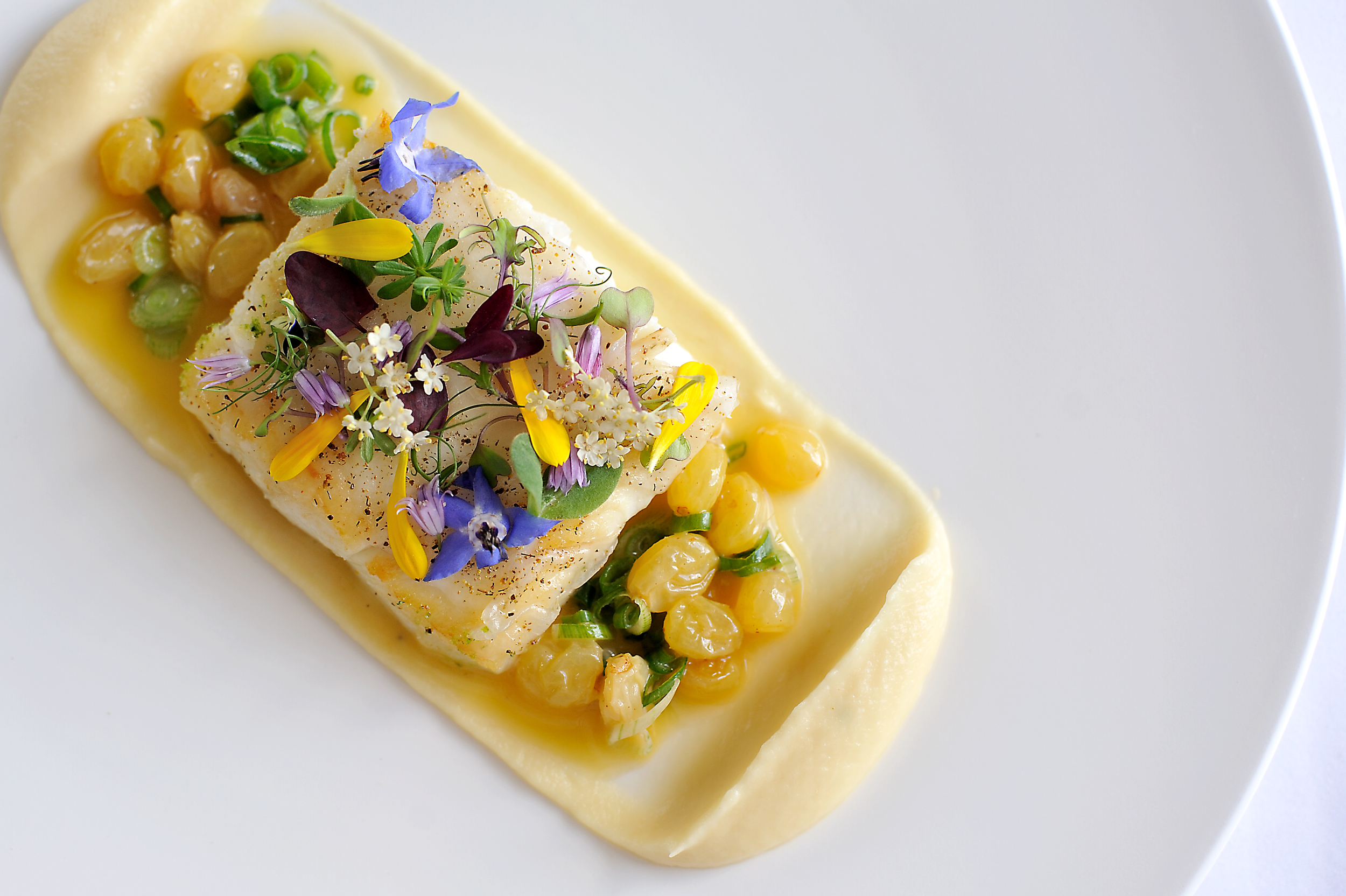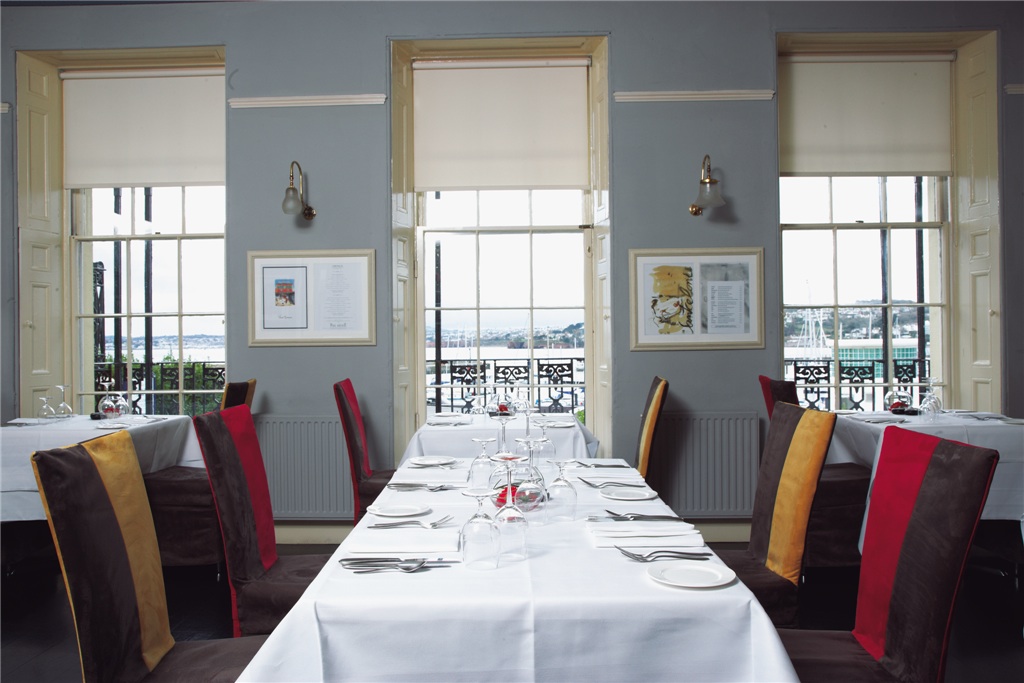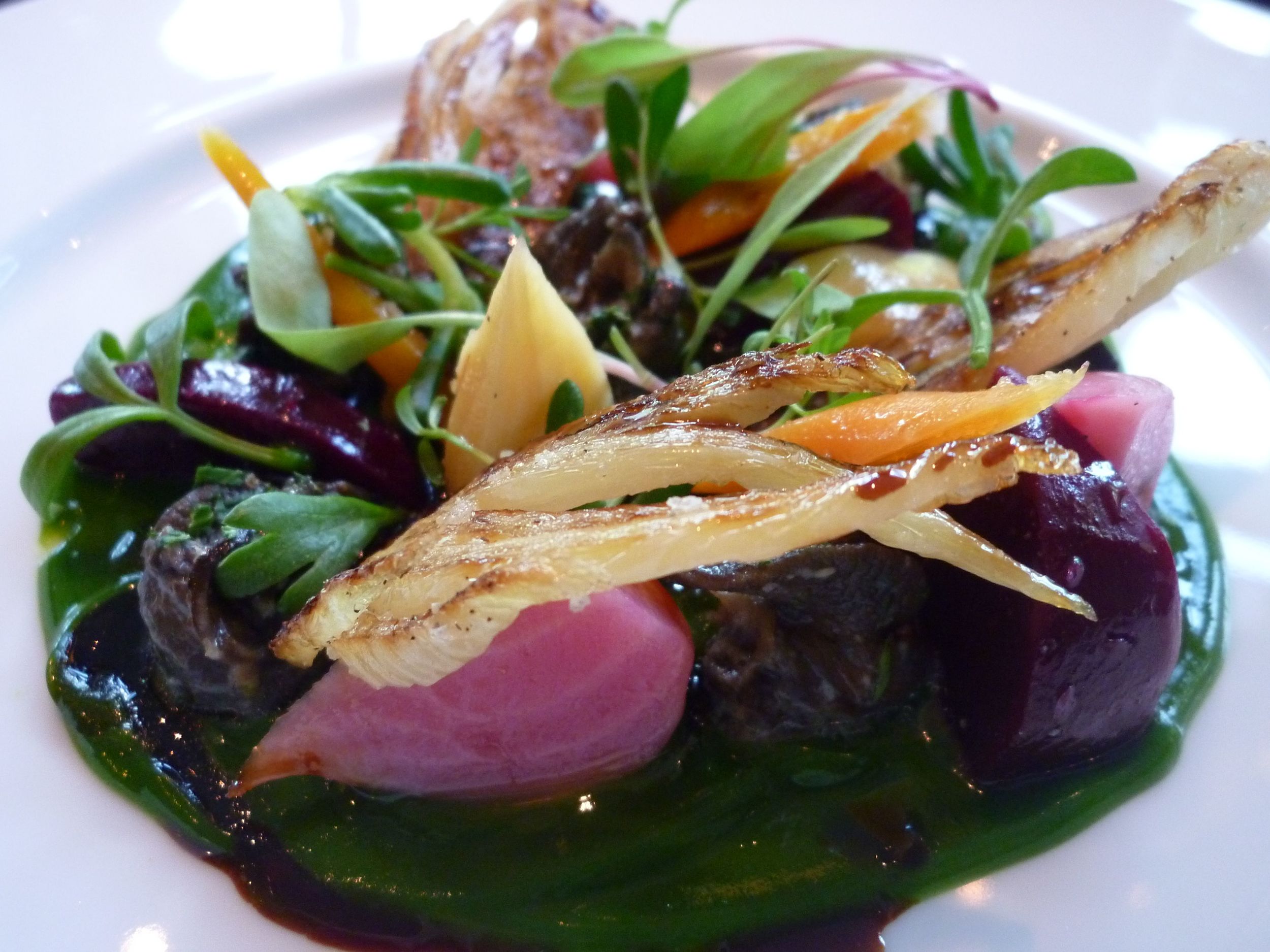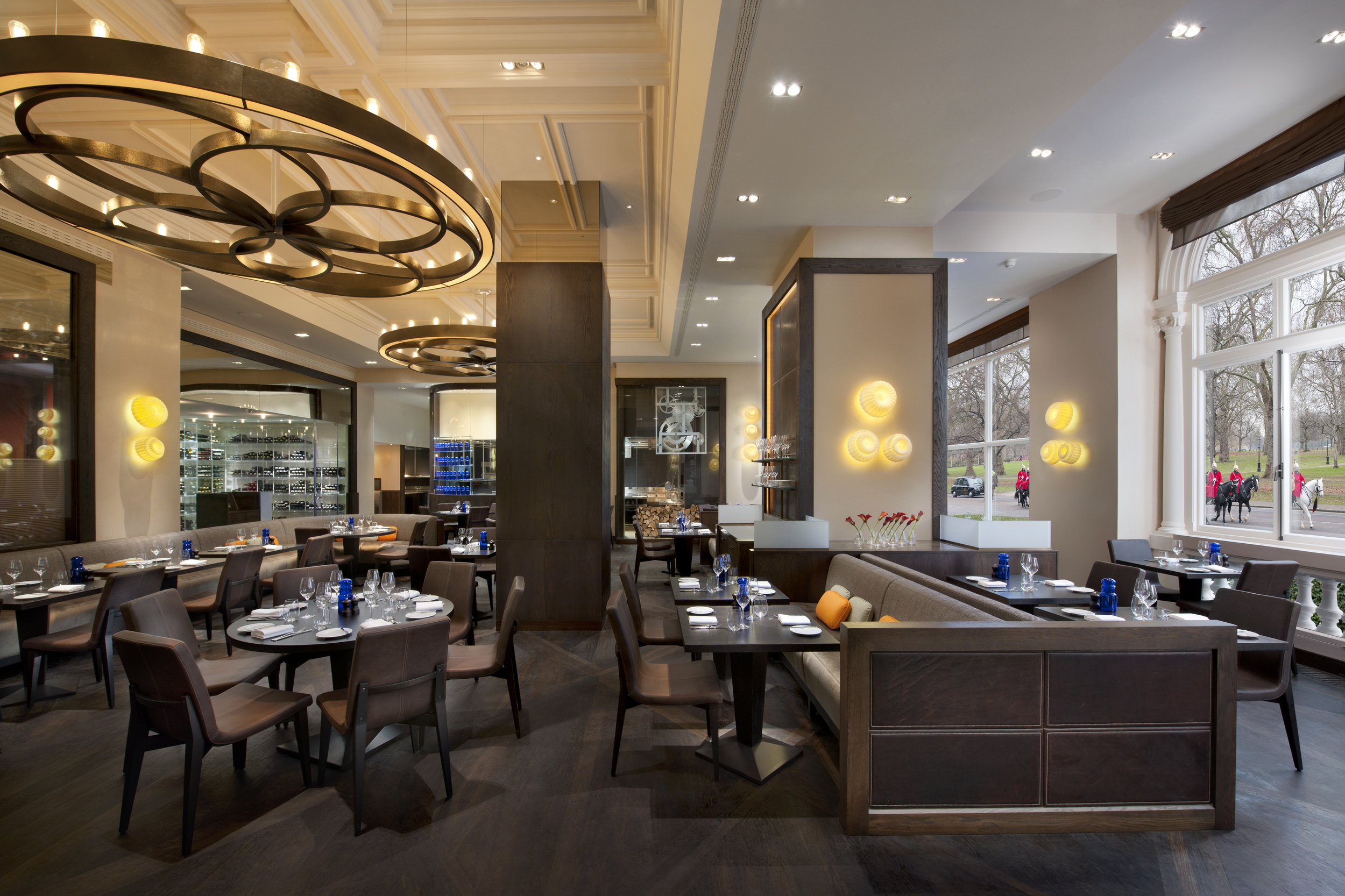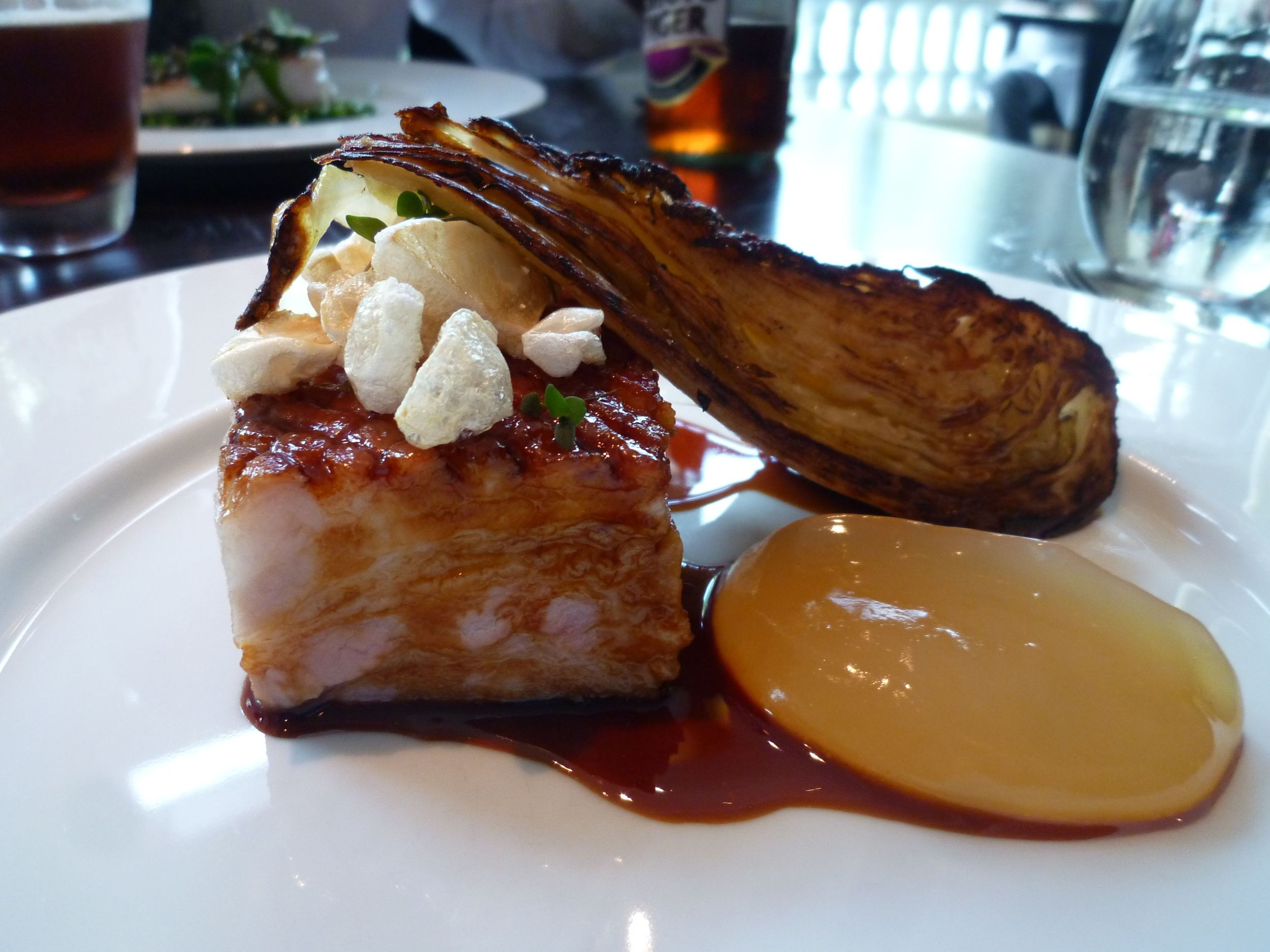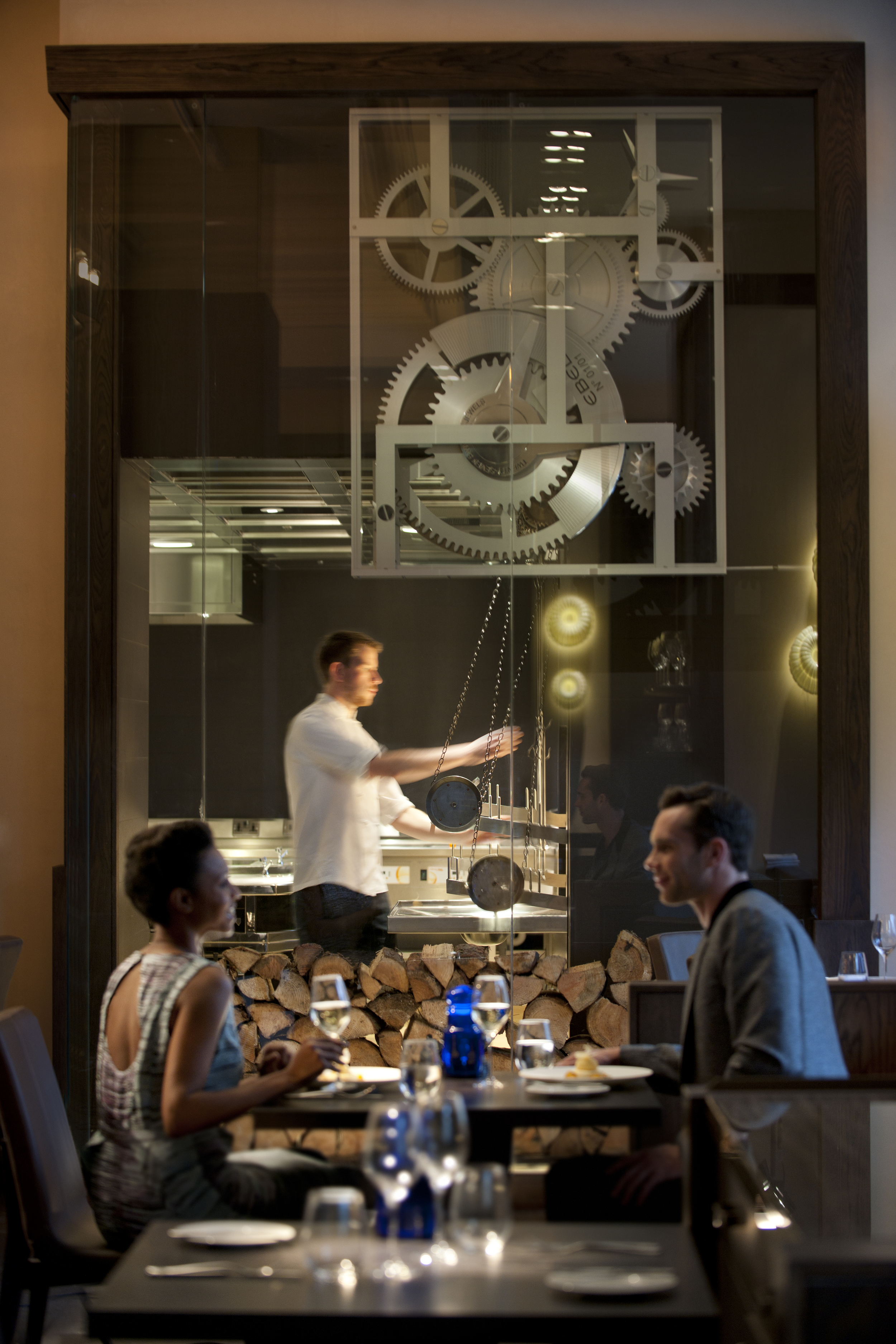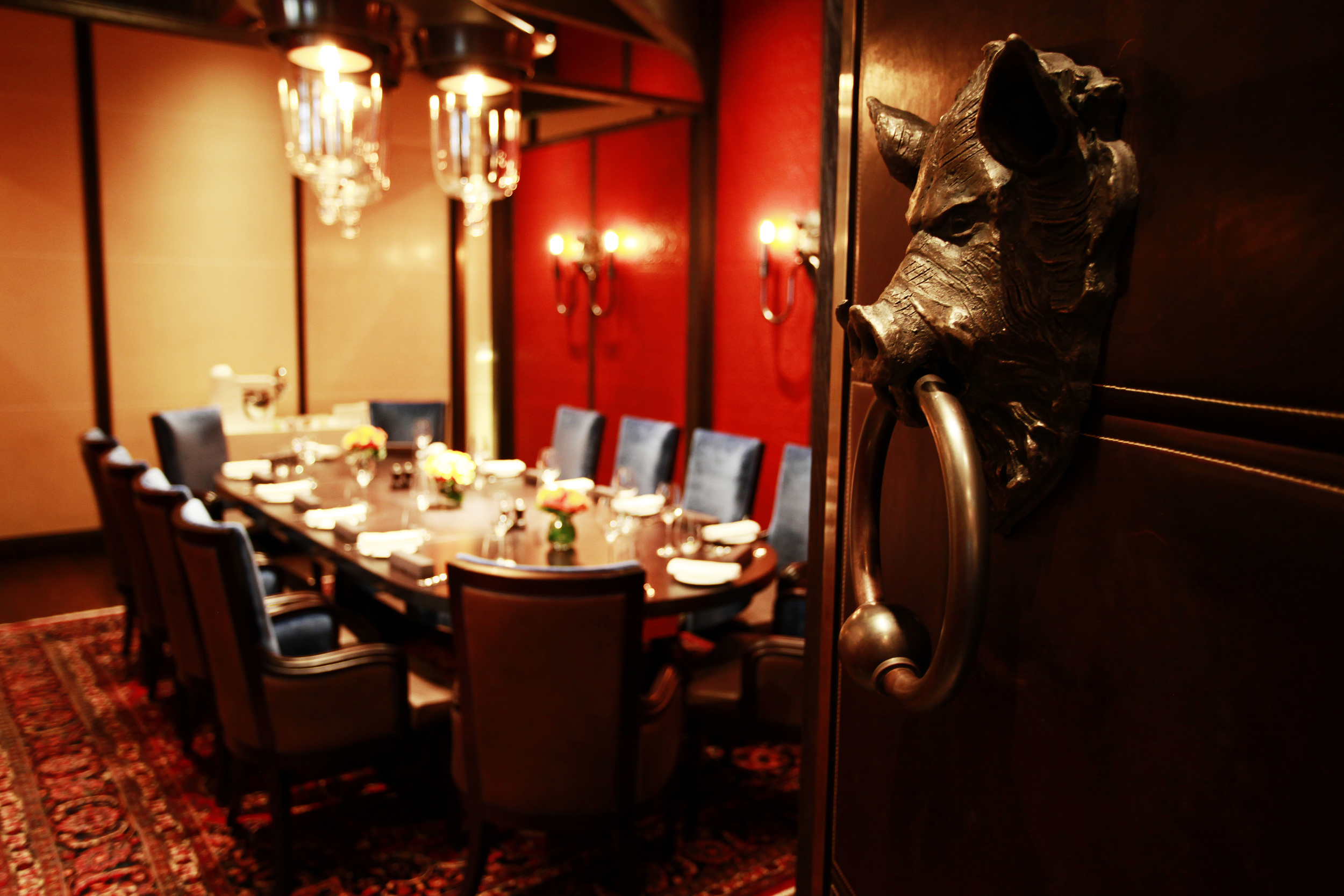IN SEASON: clementines
Clementines, in season from late October until early January, are the result of accidental cross fertilisation, with the first fruit "discovered" in the garden of an Algerian orphanage. Less acidic than oranges, they are usually sold seedless - achieved by keeping them unfertilised. American growers thought this so important that they once threatened to sue local bee keepers for fear of accidentally pollinating their crops.
Early celebrity chefs, such as Marie Antoine Carême, liked to fill them with stripes of jelly and blancmange, leaving unsuspecting guests amazed as they cut "ordinary" fruit to reveal exotic surprises within.
Simple recipes are often the best and my favourite is suggested by early American food writer M.F.K. Fisher in her 1937 book, Serve It Forth:
In the morning, in the soft sultry chamber, sit in the window peeling tangerines, three or four. Peel them gently; do not bruise them...separate each plump little pregnant crescent...Take yesterday's paper (when we were in Strasbourg L'Ami du Peuple was the best, because when it got hot the ink stayed on it) and spread it on the radiator...After you have put the pieces of tangerine on the paper on the hot radiator, it is best to forget about them...On the radiator the sections of tangerines have grown even plumper, hot and full. You carry them to the window, pull it open, and leave them for a few minutes on the packed snow on the sill. They are ready...I cannot tell you why they are so magical. Perhaps it is that little shell, thin as one layer of enamel on a Chinese bowl, that crackles so tinily, so ultimately under your teeth. Or the rush of cold pulp just after it. Or the perfume. I cannot tell.
This simple approach never fails to amaze, and works equally well with satsumas, clementines or tangerines. Alternatively, if you are feeling more adventurous, why not try these delicious Clementine, pomegranate & panna cotta jellies.
